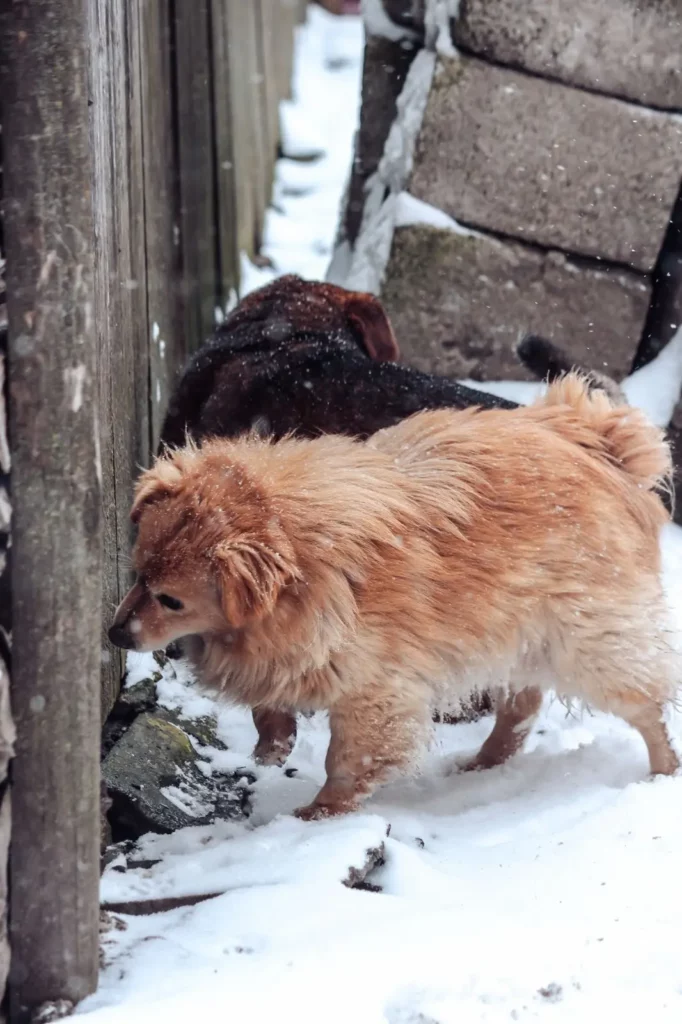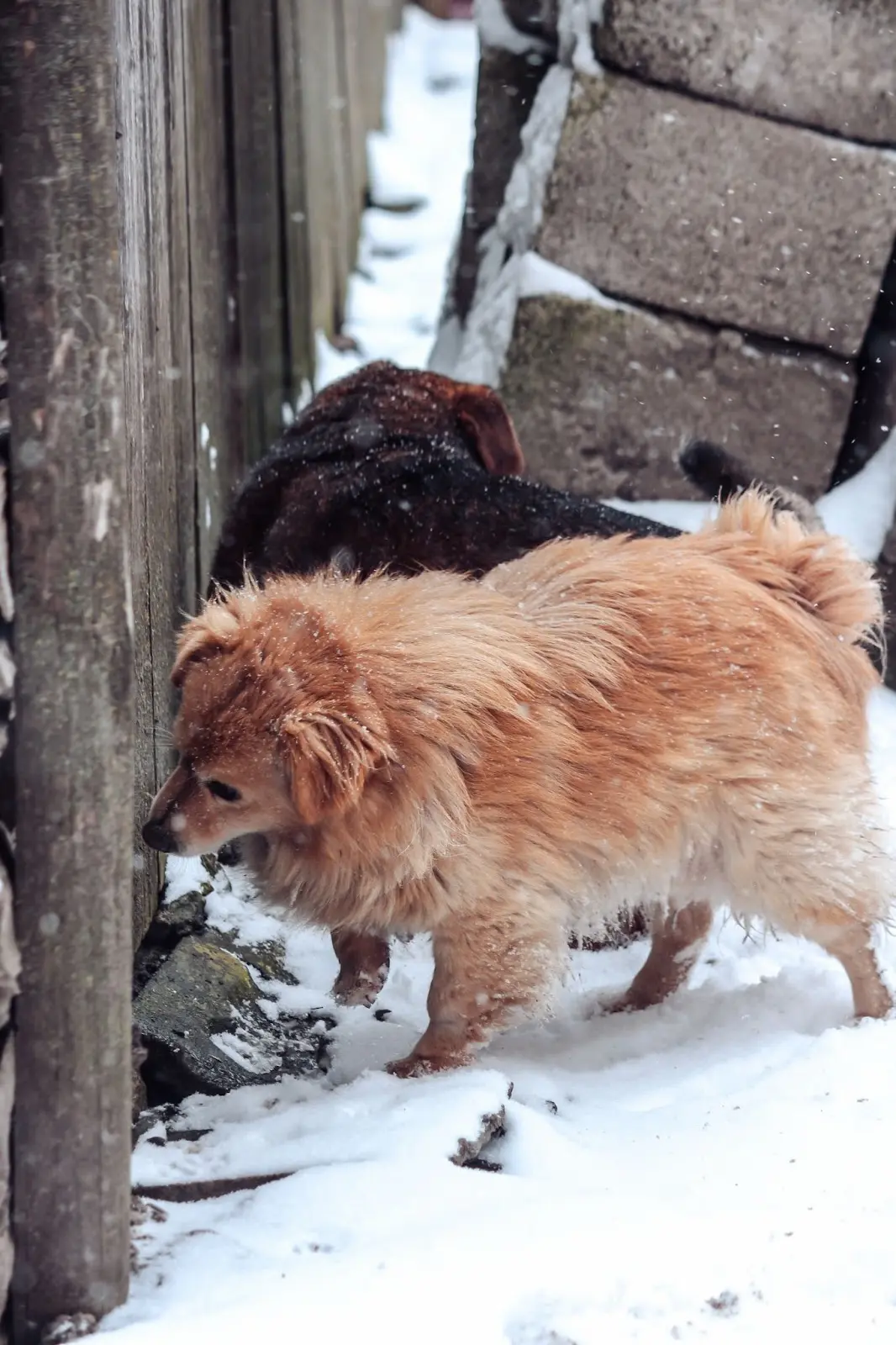As a pet owner, you’ve been made well aware of the dangers of rabies and that you should prevent it at all costs. You know that there is no cure, to keep your pets up-to-date, and be wary of wildlife. But, do you know what rabies is, how animals contract it, and how it can affect your pet? It is so important to know the basics of rabies because it could potentially save a pet’s life. You deserve to know about the severity, symptoms, and prevention measures related to rabies, so read on to learn more!

If you are having a rabies-related emergency, skip the article and call our Sinton Vet Clinic staff directly. Our number is (361) 364-4551, and we want to help you and your furry friend.
What is Rabies?
Rabies is an extremely viral infection that goes straight for the affected animal’s nervous system, causing death. Its virality comes from the saliva or other bodily fluids transmitted via bite from the affected animal. Rabies can also be transmitted if an infected animal scratches or licks the mouth, eyes, or an open wound on a healthy animal. Commonly, raccoons, skunks, bats, and foxes are the wild animals most affected by this virus, and are most likely to pass it onto your pet. Rabies does not have a cure due to its structure, so if you want to learn more about the RNA genomes and the scientific science behind rabies, check out what the CDC has to say about the virus!
Symptoms in Pets
We’ve discussed the severity of rabies, so let’s talk about what to look for if you are worried about your animal contracting it! Symptoms are most visible between three and five days after the initial infection, so you need to take action as quickly as possible. Typically, initial symptoms are aggression, difficulty swallowing, and excessive drooling, but keep all of the following symptoms in mind:
- Fever
- Confusion
- Aggression
- Seizures
- Partial or full paralysis
- Difficulty swallowing
- Excessive drooling
- Self-mutilation
- Abnormal behaviors
- Depression
- Loss of appetite

As soon as you notice any of these symptoms in any pet, seek medical attention immediately! It is crucial that the virus is not spread further and the problem can be dealt with directly. If you have any concerns and need some advice, give our office a call!
The Only Treatment is Prevention
Unfortunately, once rabies is contracted, the mammal will not recover because there are no treatment options available. In fact, an official rabies diagnosis cannot be determined until the animal has passed and a vet can perform an autopsy to determine the cause of death. As such, you should make it a priority to prevent any rabies infection from occuring in the first place.
One sure-fire way to protect your pet’s immune system is to keep their vaccinations up to date. By keeping their immune system prepared for possible rabies encounters, you protect your pet’s life. If your animal has received their vaccination and they are bitten by a wild animal, bring them to your vet clinic for a quick booster shot. Booster shots prevent infection and any possible damage the wild animal might have caused. As a last defense, we recommend monitoring your animal when outside or at the very least, ensuring your fencing is secure. You want to limit the amount of possible rabid animal contact, so limit the amount of wild animals your pet has access to. If you need some tips for your specific circumstance, reach out to a trusted veterinary professional to determine a care plan for your furry friend.
What We Want You to Remember
We’ve discussed quite a range of specifics when it comes to rabies, so please remember that the only way to treat rabies is to prevent it! Rabies is extremely viral and can ultimately destroy entire families with just a few innocent licks. As soon as you think an animal has contracted rabies, even wildlife, call your veterinarian ASAP, so that your pet can receive care and any wild animals can be captured before spreading more of the virus. At our Sinton Vet Clinic, we urge you to be wary of your pet’s location relative to wildlife and to be proactive in preventing rabies from infecting your little furry friend.
If you are looking for some advice, our clinic staffs amazing people with a wide range of expertise that you are sure to find useful. Please do not hesitate to explore more of our website or call us directly at (361) 364-4551 so we can answer your questions. Keep you and your family safe!





